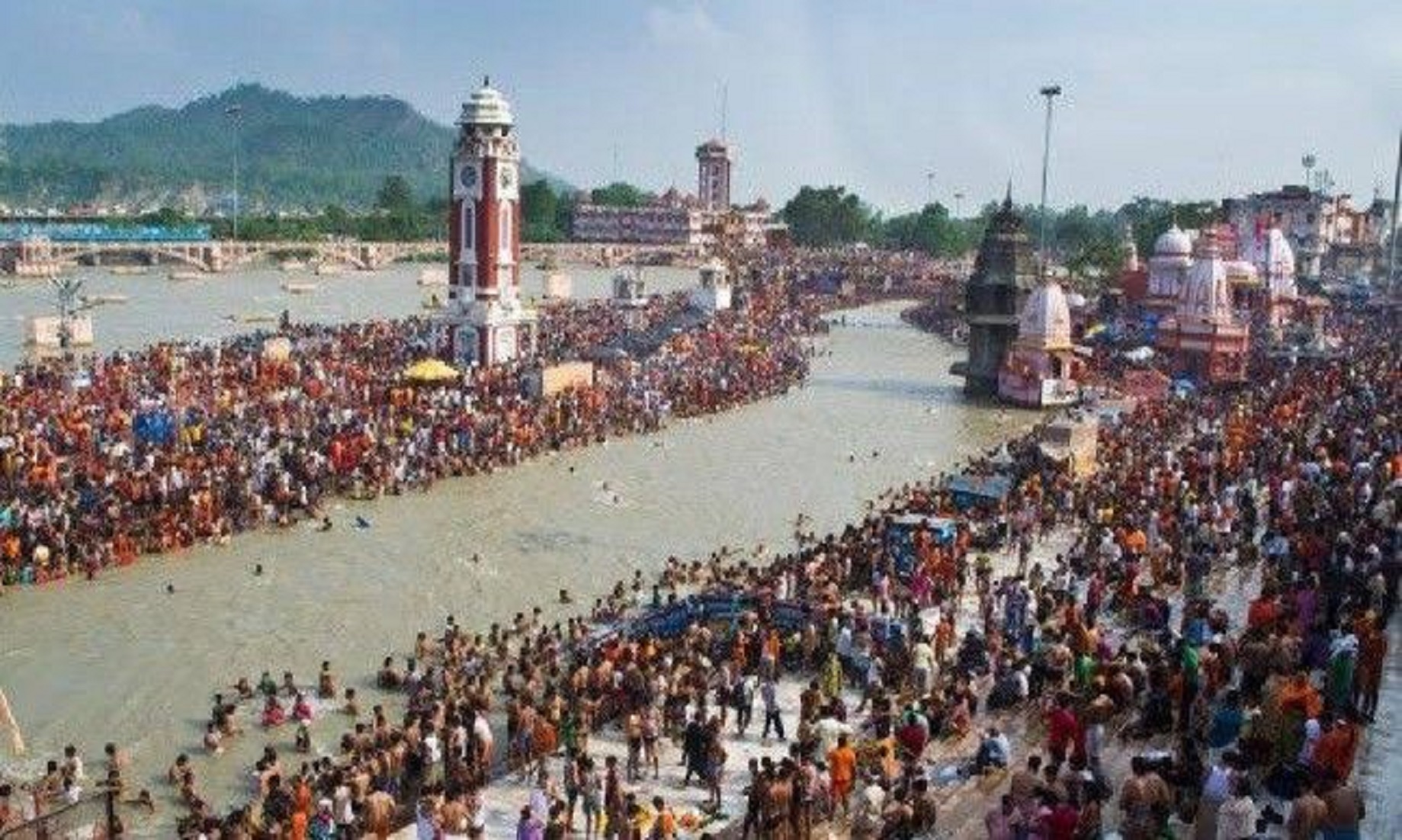by Peerzada Arshad Hamid
NEW DELHI, Jan 19 (NNN-XINHUA) – As the third wave of the ongoing COVID-19 pandemic began to set in across India, the Indian government started the administration of booster doses to vulnerable population and extended the vaccination coverage to children aged from 15 to 18.
The priority group of people to receive what the government calls a “precaution dose” include health workers, frontline workers and people above 60 years suffering from comorbidities.
Amid fears of surging cases with the highly transmissible Omicron variant, India earlier this month started vaccinating children aged 15 to 18, with Bharat Biotech’s Covaxin, which was recently approved for emergency use in children.
Currently India’s hospitals are short-staffed and lack the required facilities to cope with the recent resurgence of infections. Media reports said, a vast majority of doctors and paramedics are infected and sick with the new variant. Services at some medical facilities have been crippled.
Some hospitals have stopped the routine services and relaxed quarantine rules.
“Every third doctor is either symptomatic or positive. There is an acute shortage of staff. And there is an acute crisis,” Dr. Anuj Aggarwal, at New Delhi’s Safdarjung Hospital, one of India’s largest government hospitals, was quoted as saying.
Experts fear the country’s hospitals could be overwhelmed again, if the case tally reaches the second wave’s peak, when hospitals across India had to struggle for oxygen supplies to keep patients alive.
Regardless of the surging cases, last week hundreds of thousands of Hindu worshippers gathered on the banks of the Ganges river in West Bengal and Uttar Pradesh, for a holy dip to mark the Makar Sankranti festival.
The event has raised concern that pilgrims could get infected and take the virus back to their cities and villages in different parts of the country.
Apart from religious events, rallies for the forthcoming local elections in several states also pose a risk of spreading the virus. The Election Commission of India (ECI) has barred parties from in-person political rallies and roadshows in the states until Jan 22.
Authorities in states, including Delhi, Uttar Pradesh, Punjab, Tamil Nadu, West Bengal and Karnataka are bringing in restrictions, like night curfew, lowered cap on gatherings and closure of shopping malls and recreational venues.
Data showed over 1.58 billion vaccine doses have been administered in India as of yesterday.
The government aimed to get the entire population above 18 fully vaccinated by the end of 2021. However, it has failed to achieve the target.
India yesterday reported 238,018 new confirmed cases of COVID-19, nearly nine times the 27,553 infections recorded on Jan 1. The total tally of COVID-19 cases has risen to 37,618,271.
Yesterday was the sixth consecutive day when more than 200,000 daily new cases are registered. The resurgence in infections was largely driven by the Omicron variant, which has been detected in almost all the states in India.
However, the number of daily new cases across India are still lower than last year’s enormous figures, seen during the second wave.– NNN-XINHUA





